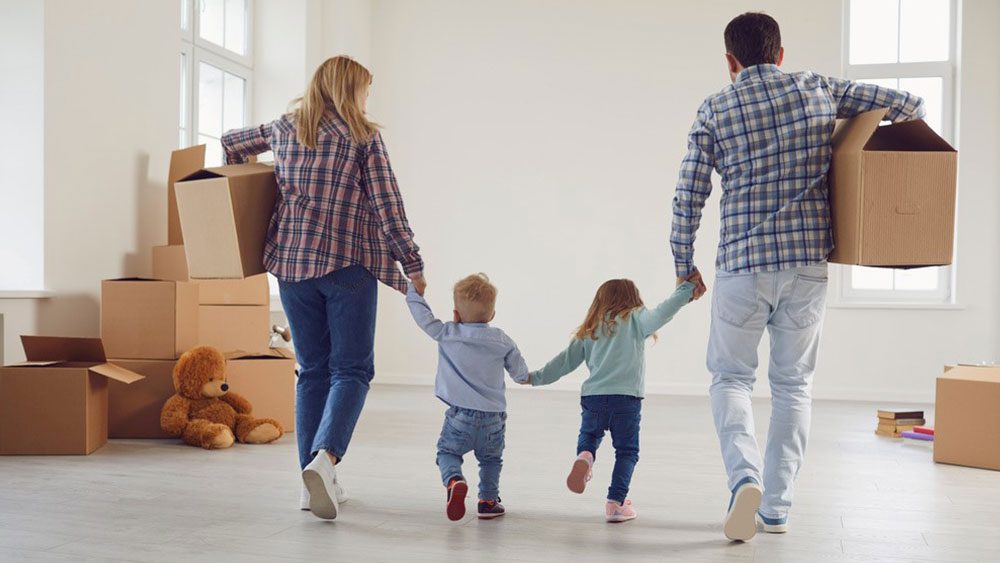Owning a home is a life-changing decision, and it’s something to take seriously. And while homeownership is the ultimate goal for most people, owning a home has several challenging aspects.
According to a press release from the Department of Housing and Urban Development (HUD) released in February 2022, over 326,000 individuals had, at one point, experienced homelessness in 2021. Meanwhile, home ownership in 2021 was recorded at 65.5%, slightly decreasing from 65.8% in 2020.
If you’re still renting and contemplating whether to renew your lease or buy a home, here are some essential points to help you decide.
The Benefits of Home Ownership
There are certain perks tied to home ownership, but there are also downsides, as you’ll discover. A permanent residence is a good decision for those who can afford it, as it offers security and stability.
Below are some compelling reasons you should opt for home acquisition over rentals.
Stability
In the United States, there are indications the homelessness problem is getting worse. According to a New York Times article, people lining up for free shelters has increased sharply, and the waiting list has tripled across the country. With a mortgaged home, you don’t have to worry about being evicted, so long as you can pay on time.
A sense of ownership motivates home buyers to keep their property no matter the challenges. Conversely, industry estimates reveal the average length of stay for renters is 2.5 years. In addition, a 2017 real estate website Zillow survey discovered that 26% of renters relocated to a new home within one year, while only six percent of homeowners moved out during the same period.
Financial Predictability
Besides having no significant reason to relocate, homeowners can form sound financial practices compared to tenants. Mortgage terms will likely stay the same during the loan period, so homeowners can expect to pay the same monthly amortizations, helping them better plan their expenses.
Conversely, rental prices are subject to revisions, and it can be challenging to predict how much you will pay in the coming months. For instance, the national average monthly rental fees for a two-bedroom apartment in the country increased to $1,295 as of February 2022, from only $1,100 in 2021.
It’s An Investment
Real estate is considered one of the safest investments one could make. Real estate properties tend to increase in value or appreciate over time. As a homeowner, you can earn from buying a home and selling it later for a profit. As a landlord, you can benefit by renting your property for long-term revenues.
In many cases, investors buy a home and rent it out to tenants as a steady income source. The Pew Research Center, quoting the U.S. Census Bureau as a source, found that of the 20 million rental units registered in 2018, individual investors owned nearly 14.3 million.
Why Renting is Better Than Owning a Home
According to the Census Bureau, about 36% of the total American households in 2019 were renters. Low-income families and young adults are more likely to rent, with about four in ten renters living alone in their rentals.
With prices soaring through the roof for most prime commodities and essentials, it’s unsurprising why some can no longer afford to keep a roof over their head. Below are some of the reasons to lease and avoid buying a home for the time being.
Costs and Responsibilities
The first three quarters of this year saw a median home buying price of $375,300, while newly-built dwellings showed $377,700 average costs. When purchasing a home through financing companies, borrowers typically make a down payment ranging from 0% to 20%. This upfront expense excludes the closing costs of up to 5% of the total loan price. In addition, some lenders require a two-month cash reserve for mortgage payments as an assurance.
Home Prices Are Increasing
Housing prices shot up an average of 18.7% during the first quarter of 2022, representing the highest growth in over three decades, according to recent research by Visual Capitalist. Florida had the highest spike of all the states, averaging 29.8%, due to a severe lack of housing supply.
Ownership Costs Remain High
It’s not only challenging to get a house, but it’s also financially draining as you need to pay ongoing costs to keep one. For example, a 2019 survey discovered homeowners spent $13,153 yearly for expenses other than the mortgage. These costs include home upgrades, maintenance and fixes, insurance, and taxes.
As a renter, you won’t be obliged to pay for any of these, as your landlord is legally responsible for keeping the home in great shape. Homeowners are also responsible for insurance and taxes, which are sometimes a part of your monthly payments. The Pew Research Center found almost half of the 44.1 million renter-households in 2019 were paying at least 30% of their gross income to rentals. Despite rental costs not being spared from these price surges, it’s still more affordable than owning a home for most.
Flexibility
Renting allows you more flexibility than owning a home. As a tenant, you must wait until the lease expires and decide whether to extend or move out, which can be helpful for those living alone and who need to move frequently for a job or other opportunities. Not surprisingly, most renters are young people still trying to obtain stability in their lives.
On the other hand, buying a home doesn’t mean you can never move. Homeowners can sell their property or rent it out and then relocate, but the processes and costs attached to these transactions aren’t viable for quick transitions.
Concluding Thoughts
The decision to own or rent a home requires careful consideration. Ultimately, it’s not just about how much money you have but about where you are in your life and where you want to go.
If you are contemplating whether renting or homeownership is right for you, a professional real estate agent can help you determine what might be best for your situation.
© 2024 xpertRealtyMarketing.



